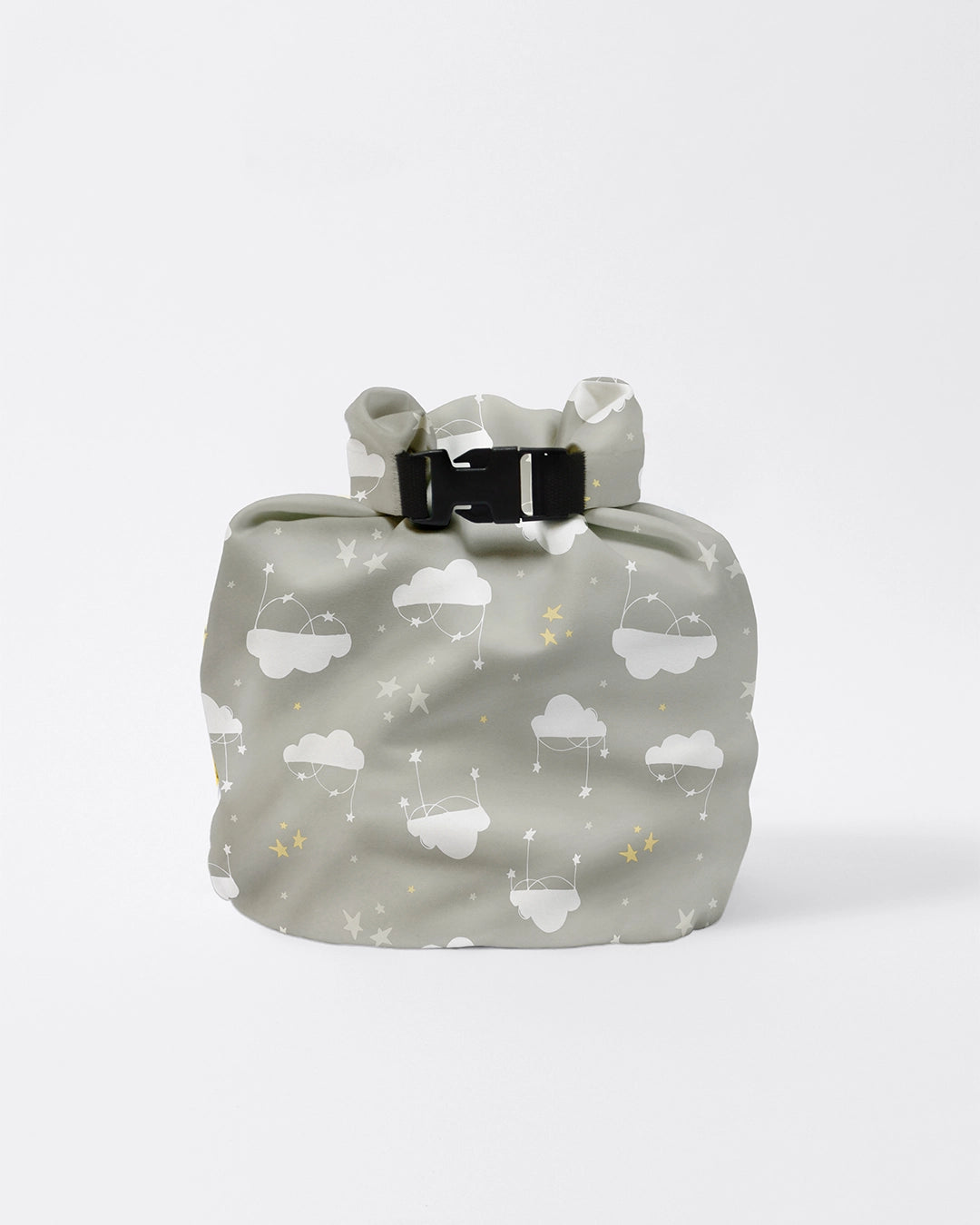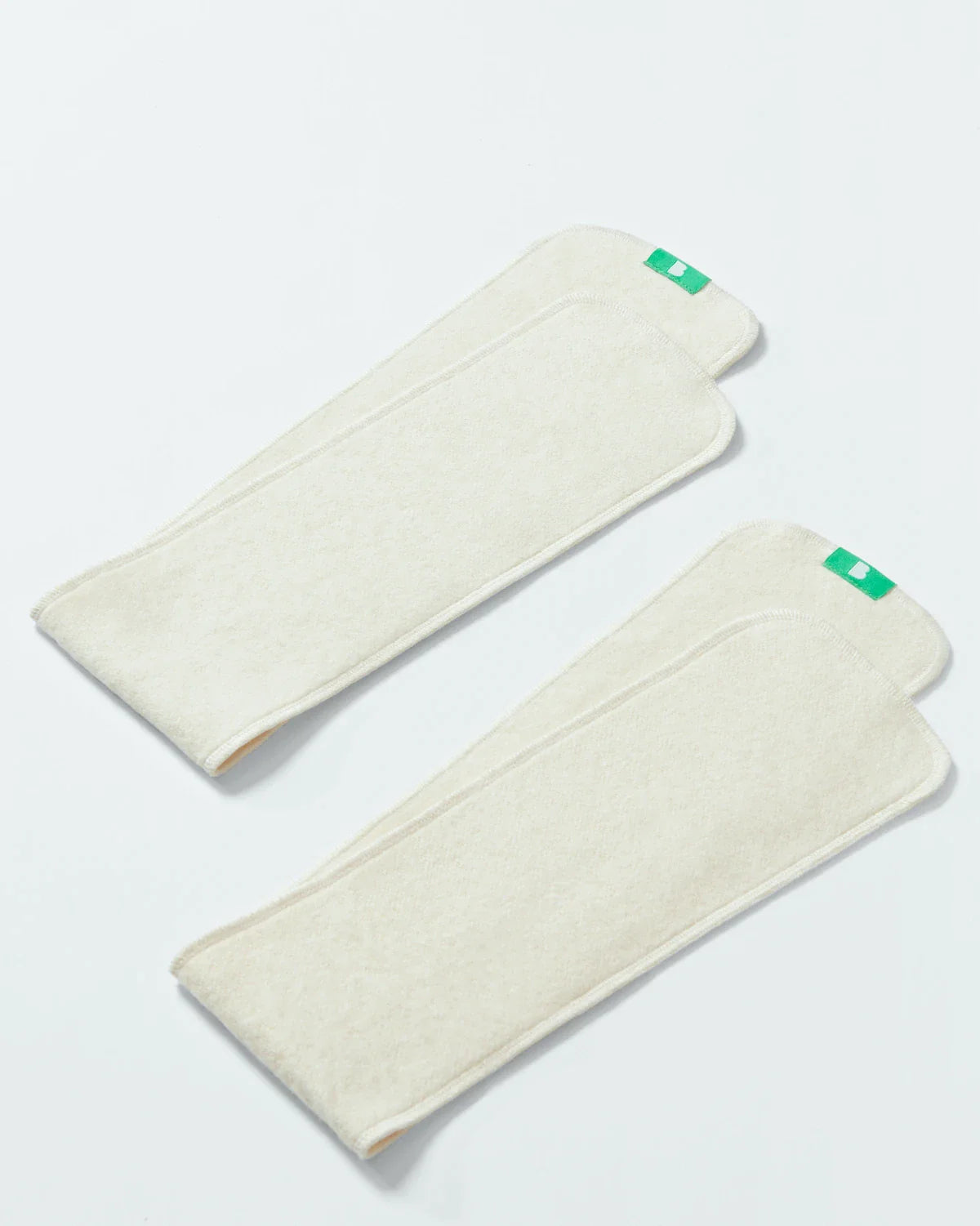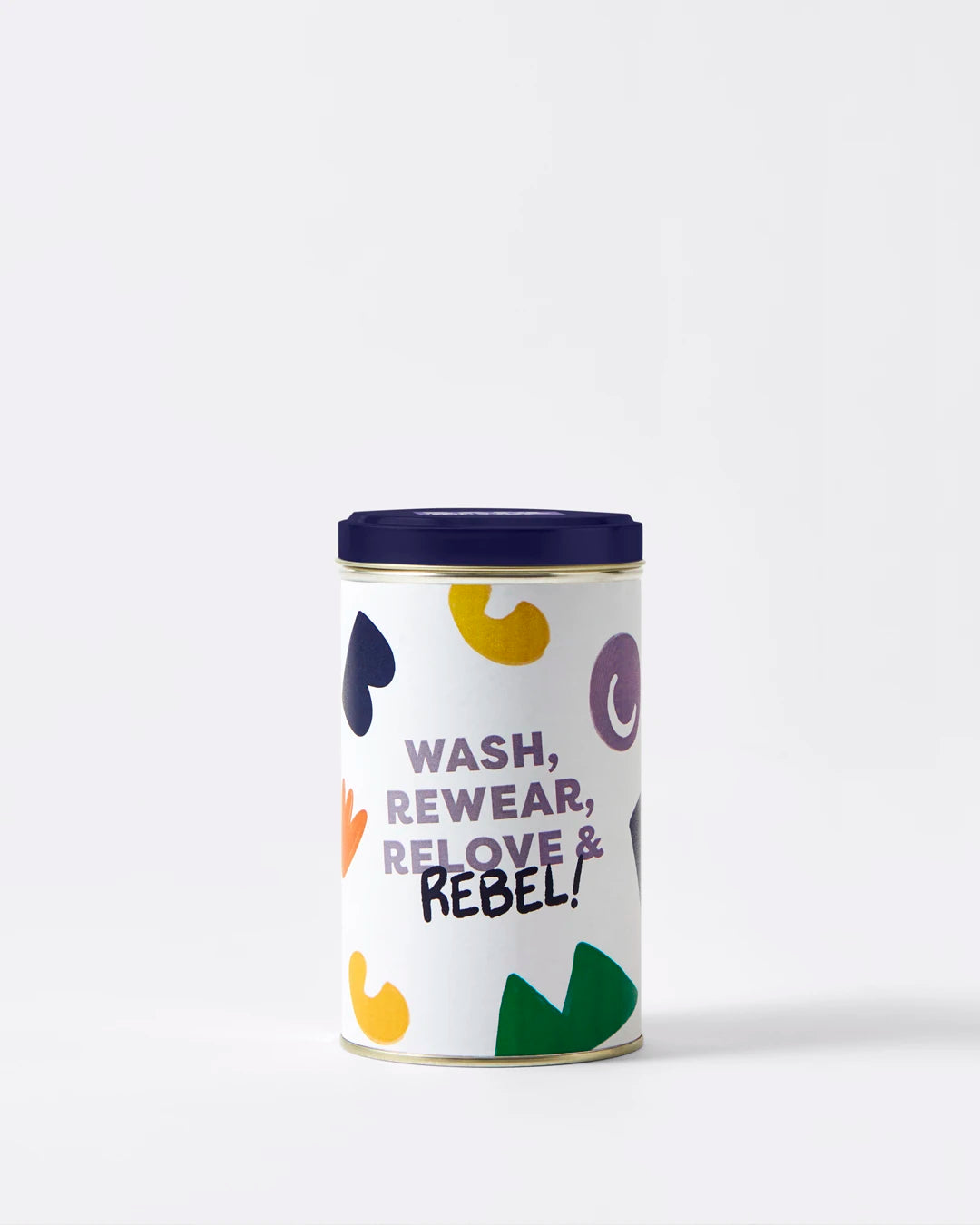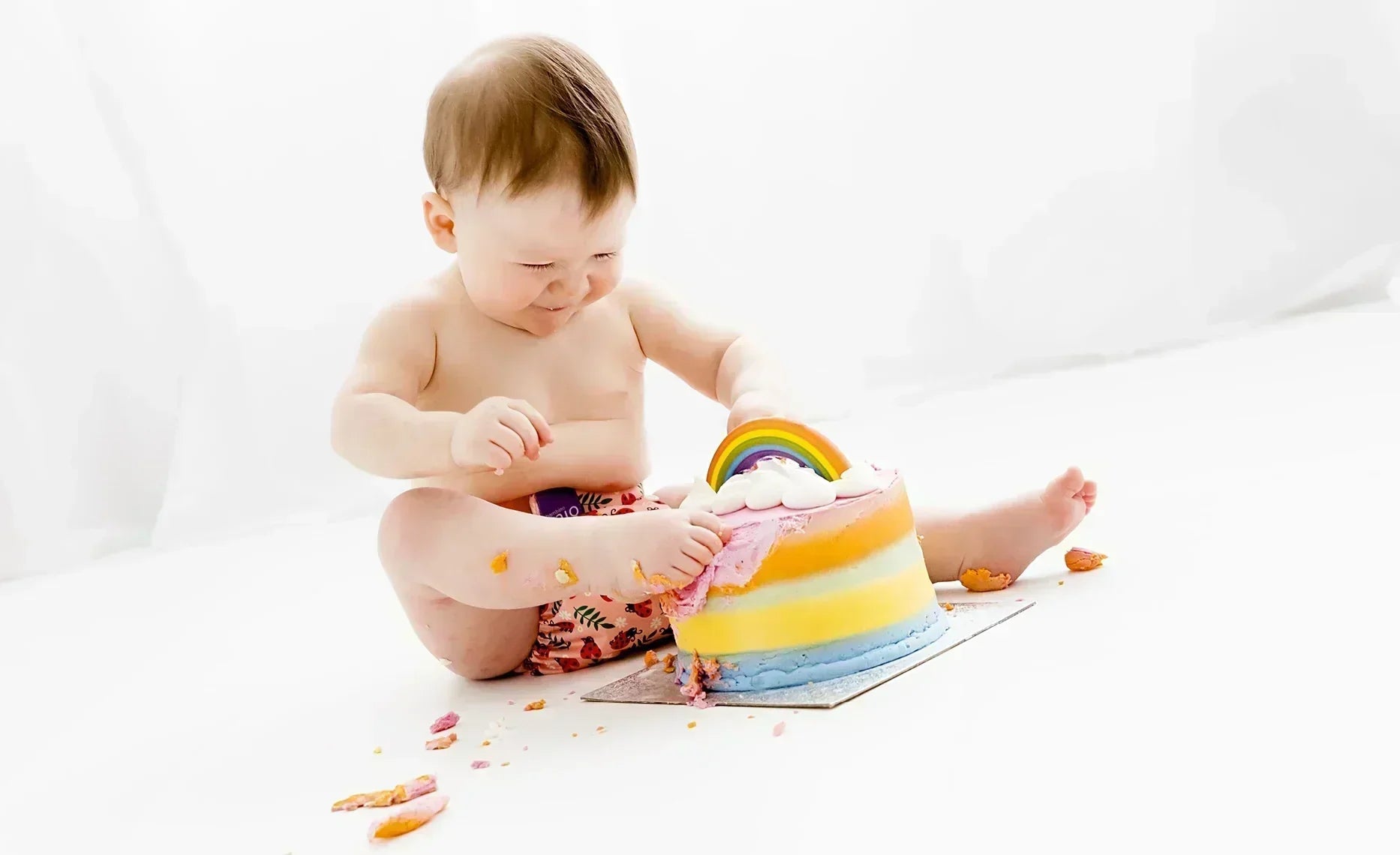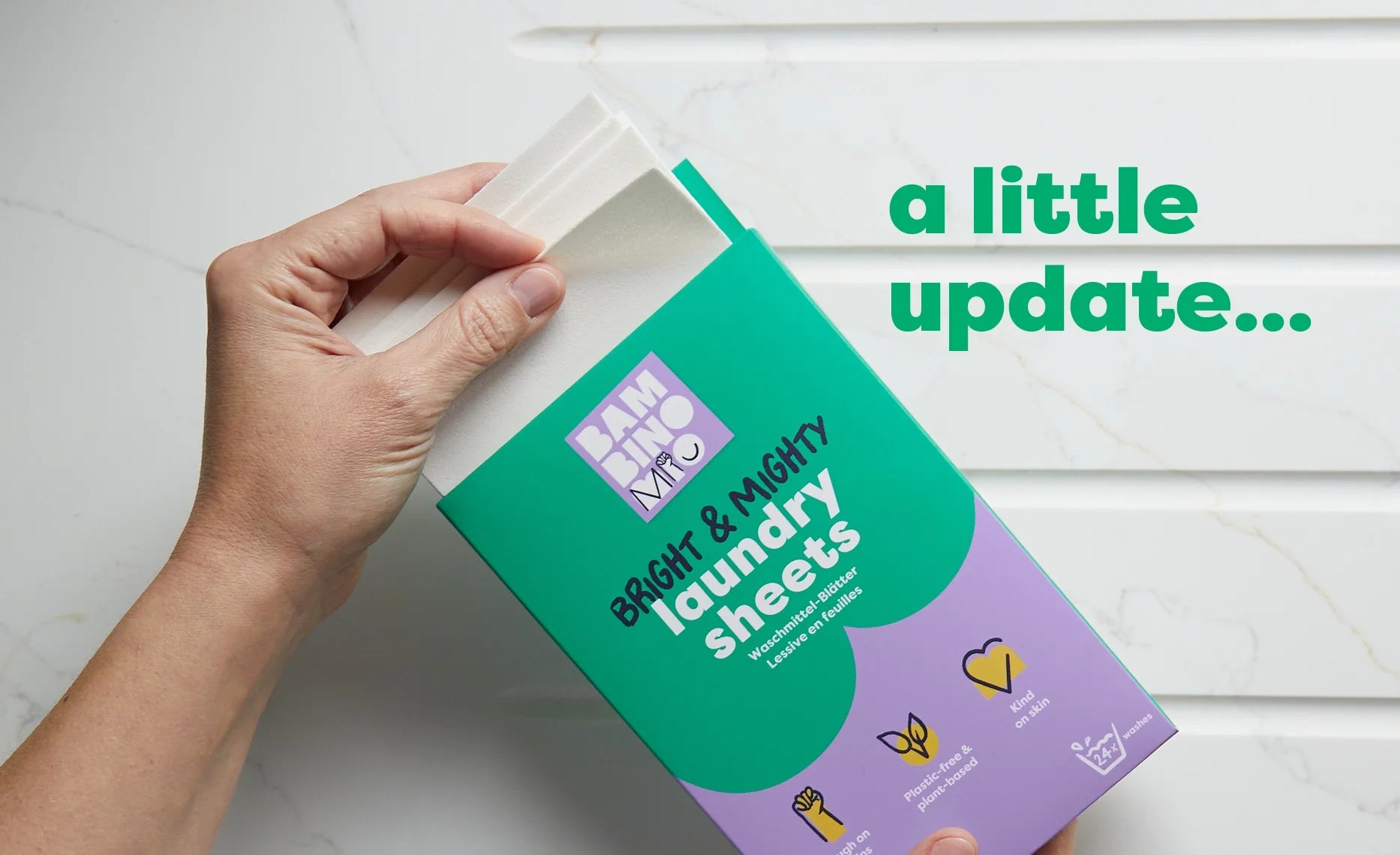Rice Cereal as a Starter
Share Options
- Bambino Mio
- 29 / 09 / 2023

For your attention: The nutritional information within this article is intended solely for general informational purposes. It is not to be considered as a replacement for tailored medical advice from a certified healthcare professional. It is imperative to consult with your paediatrician or a qualified medical expert before introducing new food items such as fish or nuts into your infant's dietary regimen, especially if there are pre-existing health concerns or a familial history of allergies.
Inside this Article:
Rice Cereal as a Starter Food for Babies
Your baby starts out life eating just breast milk or infant formula, which gives them everything they need for the first six months. By the time they’re around six months of age, your baby will probably need to start taking in some solid food as milk alone no longer provides all the calories and nutrients they need.
Is rice cereal a good starter food for my baby?
For many years, parents have started their baby’s weaning journey with some rice cereal, either mixed into a soft paste with milk or added to their baby’s bottle.
One reason for adding rice cereal to a baby’s bottle is the belief that it’ll help the baby to sleep for longer periods at night. Studies have shown that adding rice cereal to a baby’s milk bottle has no effect on their sleep (1).
Furthermore, adding cereal of any kind to your baby’s milk can have several detrimental effects, such as excess weight gain and constipation (2).
Is it safe to put rice cereal in my baby’s bottle?
Most doctors and health visitors now advise against adding rice cereal to baby’s bottles as it doesn’t help them to sleep better and it can also increase their risk of choking if the cereal is slightly lumpy.
Adding rice cereal to a baby’s milk can also make it more difficult for them to tell the difference between solid foods and liquids, which can slow down the weaning process.
What about giving my baby rice cereal on a spoon?
Even though adding baby rice to bottles is falling out of favour, many parents still use baby rice as a starter food because it’s plain and unlikely to cause allergic reactions.
However, one problem with baby rice cereal is that rice can contain more arsenic than other types of cereals and grains (3).
Arsenic is a naturally-occurring metalloid substance (4) which is found in soil, water, and air. Rice picks up arsenic as it grows, and it can build up the body and may have lasting effects on your baby’s health (5).
For these reasons, paediatricians in the US (6) are advising parents to start their babies out on other cereals, such as finely-milled oatmeal, instead.
Your baby can safely have small amounts of baby rice as a solid food but it’s best to make sure this is only as a small part of a wider and varied diet (7).
Introducing cereals to your baby
Whichever cereal you decide to start your baby off with, you should offer it as a puree or paste with a spoon rather than adding it to their milk bottle.
A good way to introduce cereal to your baby is to mix one teaspoon of single-ingredient cereal with four teaspoons of breast milk or infant formula. As your baby gets better at taking food from the spoon, you can reduce the amount of milk to get a thicker consistency and even add in some single-fruit purees to expand their palate.
Citations and References
(1) National Institutes of Health (NIH). National Library of Medicine. ‘Infant Sleep and Bedtime Cereal.’ 1989. Web. pubmed.ncbi.nlm.nih.gov/2672785
(2) Healthline. ‘Should I Add Rice Cereal to My Baby’s Bottle?’ 2020. Web. www.healthline.com/health/baby/rice-cereal-in-bottle
(3) Food Standards Agency (FSA). ‘Food Safety Advice. Arsenic in Rice.’ 2018. Web. www.food.gov.uk/safety-hygiene/arsenic-in-rice
(4) UK Government. (GOV.UK). Public Health England. ‘Arsenic: General Information.’ 2019. Web. www.gov.uk/government/publications/arsenic-properties-incident-management-and-toxicology/arsenic-general-information
(5) The Independent. ‘Should You Be Worried About the Arsenic in Your Baby's Food?’ 2017. Web. www.independent.co.uk/life-style/health-and-families/arsenic-baby-food-health-worried-rice-cereal-inorganic-chemicals-childrens-brains-grains-a8105621.html
(6) American Academy of Pediatricians (AAP). ‘Parent Plus: Limit Infants’ Exposure to Arsenic By Feeding a Variety of Grains.’ 2016. Web. publications.aap.org/aapnews/news/12490/Parent-Plus-Limit-infants-exposure-to-arsenic-by
(7) National Health Service (NHS). ‘Weaning and Feeding. Your Baby’s First Solid Foods.’ 2022. Web. www.nhs.uk/conditions/baby/weaning-and-feeding/babys-first-solid-foods






















